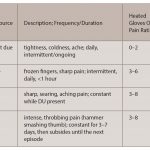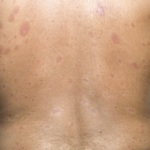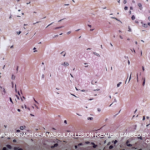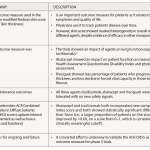Raynaud’s phenomenon in scleroderma or systemic sclerosis (SSc) is associated with significant discomfort and functional disability, especially in the presence of digital ulcers.1 Having lived with diffuse systemic sclerosis (dSSc) for nearly a decade, I can attest to this. It has been my experience that the hand pain and dysfunction in dSSc stems from Raynaud’s…








